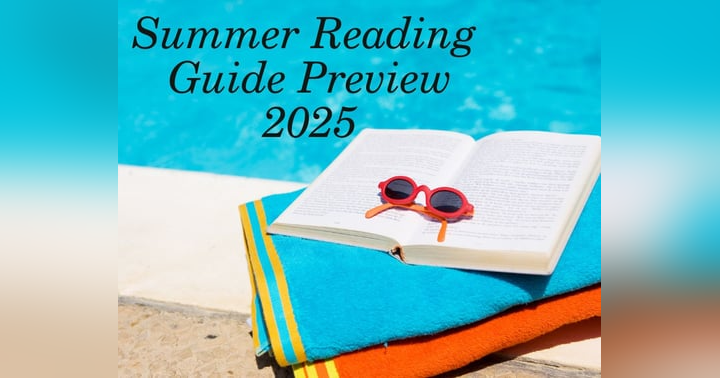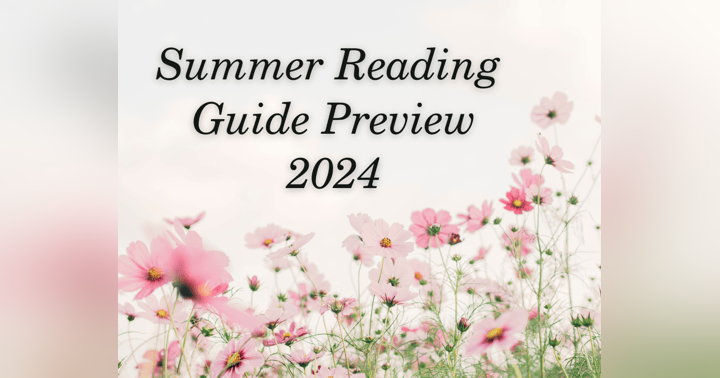
Susan Meissner’s latest novel Only the Beautiful published on April 18, 2023. Susan Meissner is a USA Today bestselling author of historical fiction with more than three-quarters of a million books in readers' hands and translations in eighteen languages. She is an author, speaker and writing workshop leader with a background in community journalism. Her novels include The Nature of Fragile Things, which earned a starred review in Publishers Weekly; The Last Year of the War, named to Real Simple magazine’s list of best books for 2019; As Bright as Heaven, which earned a starred review in Library Journal; Secrets of Charmed Life, a Goodreads finalist for Best Historical Fiction 2015; and A Fall of Marigolds, named to Booklist’s Top Ten Women’s Fiction titles for 2014. She attended Point Loma Nazarene University in California and makes her home with her husband and yellow Lab in the Pacific Northwest.
Synopsis of Only the Beautiful from the publisher:
California, 1938—Seventeen-year-old Rosanne swore to her dying mother she’d reveal to no one that she sees unexplainable flashes of color when she hears sounds. When she not only breaks that vow but in a moment of abandon ends up pregnant, she is sent to a place where so-called inherited “flaws” are not tolerated.
Vienna, 1947—Helen, who spent the war years as a nanny witnessing the same kind of thinking at its absolute worst, returns home to California and learns what really happened to the girl she long ago befriended at the family vineyard, soon discovering that while the war had been won in Europe, there are still hard battles to be fought at home.
Susan answers some questions that I posed to her about Only the Beautiful:
What inspired you to start writing Only the Beautiful?
When I was researching to write The Nature Fragile Things, I came across photos from the 1915 World’s Fair, which San Francisco hosted a mere nine years after the devastating earthquake that is the setting for that book. One of those photos was an exhibit at the Fair touting the glories and benefits of eugenics. I remember thinking I need to look into that. I had heard about this eugenics movement only once or twice before, and only in passing and it seemed like here was a time in our history that we ought not to forget; this time when we thought we could engineer the gene pool to create only wonderful, beautiful, perfect people.
What kind of research did you have to do?
I had to start from the point of knowing absolutely nothing. The first thing I did was read the most respected work on this movement, Eugenic Nation by Dr. Alexandra Minna Stern and also Imbeciles by Adam Cohen. The US Supreme Court's 1927 Buck v. Bell ruling made forced sterilizations not only legal but desirable for “race betterment.” In that landmark and precedent-setting case a seventeen-year-old foster girl named Carrie Buck, who’d been made pregnant by a member of the foster family, was declared feeble-minded and a detriment to the gene pool without so much as one test of her intelligence. She was sterilized at a state institution following the birth of the only child she would ever have and which was taken from her. It wasn't until we saw what this kind of thinking looked like at its absolute worst—in the death camps of Nazi-occupied Europe—that those laws started to be dropped from state legislations. And then by the 1980s everyone had pretty much forgotten about it. I think we’d be wise to remember it.
What do you hope your readers take away from your book?
Even though in this novel I write about a shocking and inhumane time in history—the sterilization of people without their knowledge or consent is just the tip; worse things were done by Hitler and his regime in the name of eugenics— I want people to sense the hope that is in the pages, too. As terrible as the world can be, or should I say, as terrible as we can be to each other, there are still good and kind people everywhere you look, people who will stand up for those who can't stand and speak for those who cannot speak and it's their bravery that encourages the rest of us to do the same.
What surprised you the most when writing this book?
I was unaware and therefore surprised to my core that before Adolf Hitler began his diabolical campaign to annihilate the Jewish race he rounded up and murdered disabled children. I still cannot quite wrap my heart and head around that. That fact, too, sad though it is, shouldn’t be forgotten.
Do you have any say in what your book cover looks like?
I'm grateful that I am always given a chance to give my thoughts on what I envision for my book covers. With this one I very much wanted amaryllis blooms around the border (the amaryllis flower figures into the story in a big way) and some kind of human element in the middle that showed blissful mothers and their sweet children. But I also wanted the cover art to evoke a sense of trouble as well, despite those other lovely images. And I believe that tobacco sky suggests that there is something not right about those three words together: only the beautiful. There is a classification going on there, one that should give us pause. I absolutely love this cover; it is perfect.
What are you reading now and what have you read recently that you loved?
Right now I am reading Tomorrow and Tomorrow and Tomorrow by Gabrielle Zevin and enjoying it so very much. Prior to that I devoured The Many Daughters of Afong Moi by Jamie Ford; it is his best book yet!
Order Only the Beautiful from Bookshop.org.

























